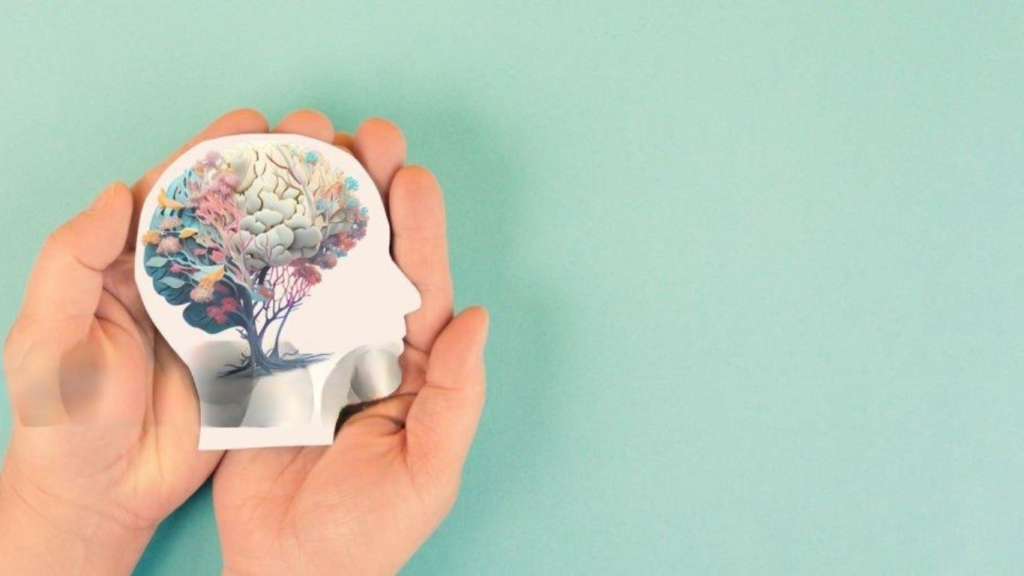As adults, balancing work, personal life, and health can be quite challenging. With busy schedules, it’s easy to neglect health and fitness, but this can have long-term effects on your body and mind. When we are young, we take our health lightly, but as we grow older, we must take even more care of our body’s needs.
Good health is not just about being physically fit, but it also includes mental and emotional. In this article, we will discuss practical and easy-to-follow health tips. Which can be implemented even with your busy life. These tips will help you stay active, feel energetic, and maintain a balanced lifestyle.
Nutrition and Balanced Diet
A healthy diet is the foundation of good health. What we eat has a direct impact on our energy levels. Therefore, it’s important to focus on eating a balanced diet.
Eat Whole Foods
Processed food contains too much sugar, unhealthy fats, and preservatives which are not good for long-term health. Try to eat fresh fruits, vegetables, whole grains, and lean proteins like chicken, fish, or pulses (dal). These foods not only provide you essential nutrients but also boost your immunity.
Limit Processed Foods and Sugar Drinks
When we tempt junk food or sugary drinks, they increase the risk of weight gain and chronic diseases (like diabetes, heart problems). Therefore, replace processed snacks with healthy options, like nuts, fruits, or yogurt. And start drinking water or herbal teas instead of sugary drinks.
Stay Hydrated
Drinking water is a simple but essential habit. Drinking at least 8 glasses of water daily keeps you hydrated, makes your skin glow, and improves digestion.
Portion Control
You should avoid overeating, even if you are eating healthy food. Portion control is important, especially if you are focusing on weight management. Divide your meals into small, frequent portions.
Essential Vitamins and Minerals
As adults, our body needs specific vitamins and minerals. For example, calcium and vitamin D are important for strong bones, while omega-3 fatty acids are beneficial for your heart. Make sure your diet is rich in these nutrients and eat foods that contain these nutrients.
Regular Physical Activity
Staying active is one of the most important things you can do for your health. Regular exercise not only helps you stay fit, but it also improves your mood, boosts energy, and prevents many lifestyle diseases. Despite a busy schedule, making some time for exercise is important.
Make Time for Exercise
30 minutes of exercise every day is very beneficial for your health. It is not necessary that you go to the gym. You can do simple activities, such as brisk walking, cycling, or jogging around the house. If you have less time, you can divide your workout into smaller chunks, like 10-minute sessions throughout the day.
Strength Training
Along with cardio, strength training is also important, especially as we get older. It helps build muscle strength and improve bone density. You can start at home with simple exercises like squats, lunges, and dumbbells. 2-3 days of strength training a week is enough.
Flexibility and Balance
With aging, it is equally important to maintain flexibility and balance. For this, you can try yoga, stretching exercises, or Pilates. These keep your joints and muscles flexible, and reduce the risk of injury. A little stretching can be done at the beginning of the day or at night before bed.
Avoid a Sedentary Lifestyle
Sitting for long periods of time or using a low screen on your laptop at night can be harmful to your health. If you have a desk job, try stretching or taking a short walk every hour. Standing desks or walk-and-talk meetings are also options you can explore to stay active throughout the day.
Enjoy the Process
Don’t see exercise as a burden. Choose activities you enjoy, whether it’s dancing, swimming, or sports. When you enjoy an activity, you’re naturally more likely to be able to continue it long-term.
Mental and Emotional Health
Mental and emotional health have a direct impact on our physical health. Stress, anxiety, and emotional imbalances can affect your energy, focus, and overall happiness. Therefore, it is as important to prioritize mental health as physical fitness.
There is stress in everyone’s life, but the key is how you manage it. Meditation, deep breathing exercises, and mindfulness help reduce your stress levels. All you need to do is take out 10-15 minutes in your day where you can focus on deep breathing and simply sit quietly to relax your mind.

In between a hectic schedule, it is important to make time for activities that make you happy. Hobbies like painting, gardening, reading, or cooking relax your mind and keep you away from stress. When you pursue your interests, your mood is naturally uplifted.
Staying connected with people and maintaining social connections is very beneficial for your emotional health. Spending time with friends and family or talking to them on the phone refreshes your mood and keeps you away from loneliness. Having a supportive social network is a positive factor for mental health.
Getting proper sleep is very important for mental clarity and emotional stability. If you are not getting 7-8 hours of sound sleep, your mood, focus, and productivity can all be affected. Sleep hygiene should be followed, like sleeping at the same time and avoiding gadgets before sleep.
The things we talk to ourselves have a huge impact on our mental health. Practice positive self-talk and encourage yourself. If negative thoughts come, challenge them and start practicing gratitude. These small steps can greatly improve your emotional health.
Building Healthy Habits
Making healthy habits part of your daily routine is very important for long-term health. These small habits eventually transform your overall lifestyle, and you feel more energetic, fit, and focused.
Quit Smoking and Limit Alcohol
Smoking and excessive alcohol consumption seriously affect your health. Smoking damages the lungs, heart, and immune system, alcohol damages our liver and also impacts the brain. If you are a smoker, start taking steps to quit now, and consume alcohol in moderation. This is a big change that will improve your health.
Maintain a Healthy Weight
Maintaining a healthy weight is important not just for looking good but also to avoid health risks. Being obese or underweight increases your risk of diabetes, heart disease, and joint problems. So, follow a balanced diet, exercise regularly, and try to keep your weight within a healthy range.
Practice Mindful Eating
When you eat food, you should eat mindfully. That means paying attention to your portion sizes, chewing slowly, and understanding your body’s hunger and fullness signals. Mindless eating, especially while watching TV or scrolling the phone, can lead to overeating.
Balance Screen Time
Nowadays we spend a lot of time in front of screens (phone, laptop, TV), which has a negative effect on both your physical and mental health. To balance screen time, it is important to take breaks in the day, like the 20 rule (after every 20 minutes, look at something 20 feet away for 20 seconds). It is very important to do this. Your eyes are also getting tired and so is our health. Apart from this, it is also important to take a break every 30 minutes.
Stay Consistent with Small Changes
Only small, consistent changes give long-term results. For example, if you have a habit of drinking less water, then start with 1 extra glass every day. Slowly, these small habits will become a part of your daily routine, and your lifestyle will become healthy.
Conclusion
Maintaining health is a long term process. When we make small, consistent healthy changes in our daily lives, we protect ourselves from major health issues in the future. As we discussed, it is very important to maintain a balance of nutrition, physical activity, mental health, and healthy habits.
Despite a busy lifestyle, it is essential to take out some time for yourself and prioritize your body and mind. Remember, you can improve your health with small steps like mindful eating, regular exercise, and stress management. For long-term health, small changes today will make a big difference tomorrow.
So, start today, and invest in your health for the better!

